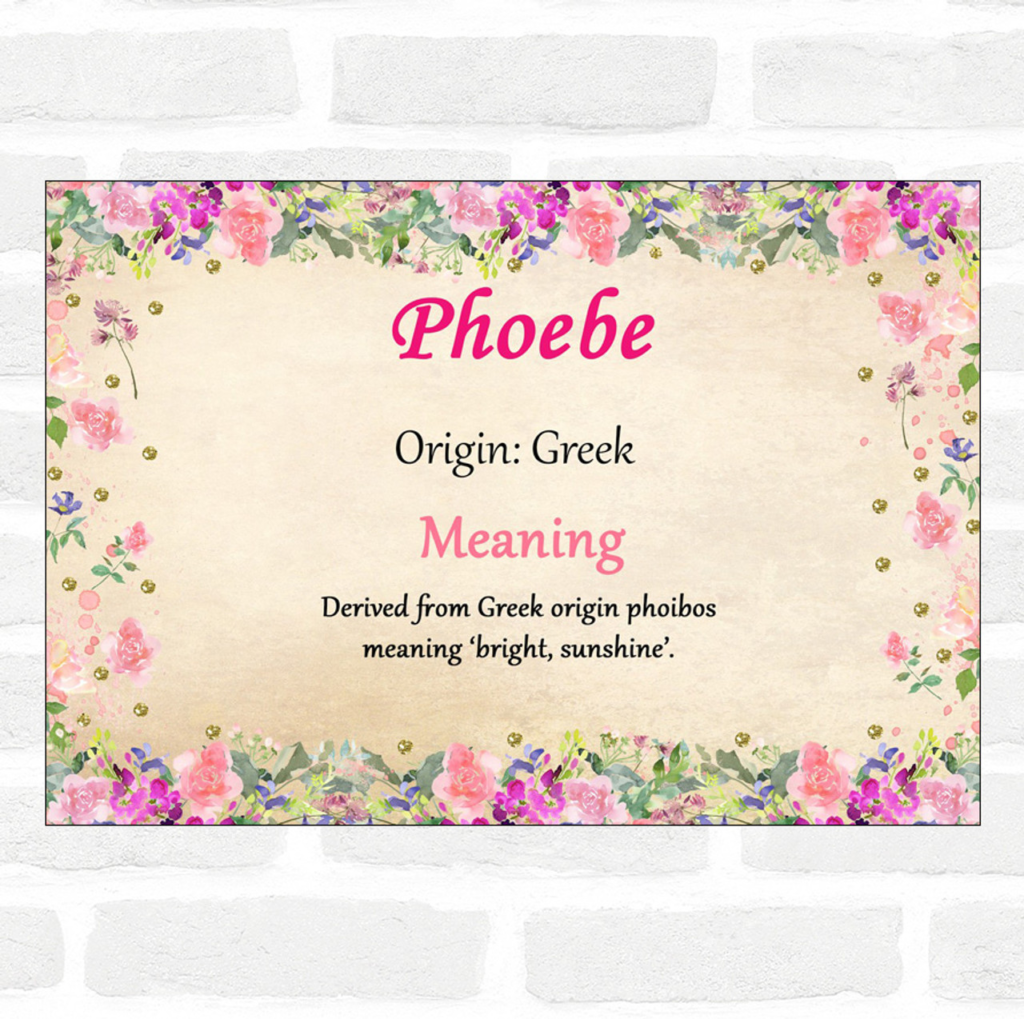Have you ever thought about why Phoebe is often left out of talks about the early Christian church? or about who is Phoebe in the Bible? She is mentioned briefly in Paul’s letters. Phoebe was a deaconess from the church in Cenchreae. Her role shows how important women were in early Christianity.
Paul’s praise for Phoebe highlights her significance. It also encourages us to see how she helped the growing Christian community.
Introduction to Phoebe in the Bible
Phoebe’s story in the Bible tells us a lot about her important role in early Christianity. She was a deaconess in the church of Cenchreae. Her work was crucial to the early Christian communities.
Paul praises her for her service and character. This shows how dedicated she was to the church and its members.
Phoebe’s role highlights the key role women played in building the church. Her story helps us see her as a leader and a pillar of faith. It also shows how women were valued in religious life back then.

Scriptural Reference: Romans 16:1-2
In Romans 16:1-2, we see a key passage that shows Phoebe’s role in the early church. Paul praises Phoebe to the believers in Rome, showing her key role in the Christian community. He calls her a deacon, which means she was deeply involved in ministry and service.
Paul’s words show he highly respects her. He trusts her so much that he asks her to deliver his letter to the Roman Christians. This shows Phoebe’s reliability and hard work. The respect Paul has for her tells us about the strong bonds among early Christians.
Who Is Phoebe In The Bible
Phoebe is a key figure in the New Testament. She played a vital role in the early church. Her role shows the importance of her title and her impact on believers.
Phoebe’s Role as a Deacon
Phoebe is known as a deacon in the Bible, using the Greek term *diakonos*. This title means more than just a label. It shows she was a leader in the church. As a deacon, she likely worked in many areas, like service, teaching, and administration. These roles were crucial for the early Christian communities to grow and stay strong.
Significance of Phoebe’s Title
Her title is very important. Phoebe is the only woman called a deacon in the Bible. This shows her strong leadership in a time when women had fewer roles. Her title shows women’s abilities were valued, opening doors for future female leaders in Christianity.
The Meaning of Phoebe’s Name
The name Phoebe comes from Greek roots, meaning “bright” or “radiant.” This shows us what kind of person Phoebe might be like. It also helps us see her role in the early Christian community.
Phoebe’s name is important in the Bible too. It stands for purity and energy. Names like Phoebe in the Bible tell us a lot about their characters. They help us understand how names shaped people’s identities and legacies.
Understanding the *meaning of Phoebe* and the implications of her name enriches the narrative of her contributions to early Christianity.
Phoebe’s Church Community in Cenchreae
Cenchreae was a key place for early Christianity near Corinth. Phoebe was a big part of this community. She helped the church grow by being a deaconess and giving to those in need.
In Cenchreae, men and women could both lead and serve in the early church. This made it possible for Phoebe to help others and support important people like the Apostle Paul. Her actions showed how united and supportive the community was.
Phoebe showed what it means to work together in the early church. She took part in church activities and shared her resources. This helped make the community stronger and helped spread Christian teachings.
Phoebe’s work was recognized and valued in Cenchreae. Women like her played big roles in the church. They set the stage for future generations to lead in religious matters.
Phoebe as a Benefactor and Leader
Phoebe made a big impact in the early Christian community, not just as a deacon. She showed how important support networks were for the church’s growth. Her story helps us see how key figures like Phoebe helped start and keep Christian missions going.
Understanding the Role of Benefactors in the Early Church
In ancient Greece and Rome, giving support to others was a big deal. People with more resources helped those who spoke in public or helped their communities. These supporters, called benefactors, were crucial for the early Christian church. They made sure leaders and missionaries had what they needed to do their jobs well.
So, Phoebe did more than just give money. She also helped with logistics and made important connections. These efforts were key to growing the church.
Phoebe’s Financial Support of Paul’s Mission
Phoebe really stood out by helping Paul with his mission. She likely gave money that helped him travel and spread the word. Thanks to benefactors like her, Paul could focus on preaching and starting new churches without worrying about money.
Phoebe’s support shows how important she was in the early church. It also shows how vital benefactors were in spreading Christianity.
The Importance of Women in Paul’s Ministry
Women played a big part in Paul’s ministry, showing their key roles in early Christian communities. Figures like Priscilla and Junia were leaders and active members. Paul’s letters often mention these women, showing their importance in the church.
Phoebe, a deacon, is a great example of how women were respected in ministry back then. Paul valued Phoebe, showing that women could lead in the early church. Their teachings and support helped build the early church’s beliefs.
Looking at women’s roles in ministry shows us a rich history of the early church. It also makes us think about today’s need for inclusivity in church leadership.
Phoebe’s Contribution to Early Christian Theology
Phoebe played a big role in early Christian theology as a deacon. In Romans 16, she’s not just mentioned for her service. She’s seen as a key figure who connected different groups and helped believers talk to each other. This shows a model of inclusion that was unusual back then.
Her leadership and hard work helped the apostles and other leaders a lot. Phoebe did more than just give money; she showed a deep commitment to serving and building community. Her impact still shapes talks about women’s roles in theology today, showing how diverse leadership enriched early Christian thought.
“Phoebe exemplifies the calling for women in ministry, showcasing their essential role in the foundation of early Christian communities.”
Looking at Phoebe’s story shows how important she was to early Christian theology. Her legacy encourages us to think about how we include and support each other in churches today.
Scholarly Perspectives on Phoebe’s Leadership
Many scholars have different views on Phoebe’s leadership. They look into whether being a deacon meant something special for women in the early church. Some say Phoebe played a key role in ministry, not just helping out.
Looking at old texts and her place in the early Christian community gives us more clues. Researchers talk about what the title “deacon” meant back then. They think it could change how we see women’s roles in early Christianity. This makes Phoebe stand out as a key figure, not just a helper.
Recent research shows Phoebe’s leadership was important and made a big difference. Scholars believe her role was more than just giving money to Paul’s mission. By looking at these scholarly perspectives, we learn more about Phoebe’s role in the early Christian church.
Phoebe’s Lasting Impact on the Church
Phoebe’s influence goes way beyond her time in the Bible. She marked a big change in church history. Her role as a deacon showed how important women could be in spiritual leadership. This shows us the big role women have played in history.
The praise in Romans 16:1-2 highlights Phoebe’s skills and hard work. It sets a strong base for seeing women’s key roles in the early church. As Christianity grew, figures like Phoebe showed the way for women in leadership, pushing for equal chances in ministry.
Today, when we talk about the church and leadership, Phoebe’s story is key. It starts important talks on the need for equal chances for everyone. By remembering her, we look at old stories in a new way. We see how vital women have been in the church’s history. Phoebe’s legacy shows us the big difference one person can make in faith.
Phoebe’s Feast Day and Veneration
Phoebe is a beloved figure in Christianity, celebrated by many. Her feast day is on September 3, recognized by the Catholic and Eastern Orthodox Churches. This shows how important she was in early Christianity.
Church traditions honor Phoebe as a deacon and a giver. They show how crucial women were in the early Christian community. Celebrating Phoebe’s feast day also talks about the key roles of women in faith.
Phoebe inspires us to see the value of women’s leadership in Christianity. Her feast day reminds us of the lasting impact of women in the church. It teaches us about the many ways people can help their spiritual communities.
FAQ
Who Is Phoebe In The Bible?
Phoebe is a key figure in the New Testament. She is mentioned in Romans 16:1-2 as a deaconess from the church in Cenchreae. She was crucial in supporting Paul and the early Christian community.
What is Phoebe’s significance in early Christianity?
Phoebe’s importance comes from her roles as a deacon and benefactor. She shows how women were vital to the early church’s growth. This is often overlooked.
What does Romans 16:1-2 say about Phoebe?
Romans 16:1-2 talks about Paul’s praise for Phoebe. He calls her a deacon and benefactor. This shows her leadership and trustworthiness in delivering his letter to the Romans.
What does it mean that Phoebe was called a deacon?
Being called a deacon (Greek: diakonos) means Phoebe had a formal leadership role in the church. She is the only woman called a deacon in the Bible. This highlights her significant position in the early church.
What is the meaning behind the name Phoebe?
Phoebe’s name comes from Greek, meaning “bright” or “radiant.” It reflects her character as seen by Paul. It also symbolizes purity, vitality, and positivity in the Bible.
What was Phoebe’s involvement in the Cenchreae community?
Phoebe was deeply involved in the early Christian community in Cenchreae. She served as a deaconess and benefactor. Her role shows the supportive and dynamic relationships among early believers and the leadership opportunities for women.
How did Phoebe act as a benefactor for the early church?
Phoebe supported Paul and the early Christian community financially and logistically. Her role as a benefactor was key in church growth. It also showed the Greco-Roman concept of patronage in early Christianity.
What roles did women play in Paul’s ministry?
Women were crucial in Paul’s ministry, as his writings show. Women like Priscilla and Junia are mentioned alongside Phoebe. This underlines the importance of female leaders in early Christian communities.
What are the theological implications of Phoebe’s contributions?
Phoebe’s actions reflect important theological values of inclusion and support in the church. Her role connected communities and stressed the value of women’s influence in early Christian theology.
What do scholars say about Phoebe’s leadership?
Scholars discuss Phoebe’s title as a deacon and its meaning for women’s roles in the New Testament. Different views support her leadership as significant and influential in the early church.
How has Phoebe’s legacy impacted the church today?
Phoebe’s legacy is key to recognizing women’s roles in church history. Her example inspires talks on gender equality and women’s leadership in today’s churches.
How is Phoebe venerated in different Christian traditions?
Phoebe is honored in many Christian traditions. Her feast day is on September 3 in the Catholic and Eastern Orthodox Churches. This shows her importance in church history and the ongoing recognition of women’s roles in faith.

Rockin’ the faith, one verse at a time!
Growing up, the Bible’s stories deeply impacted me. Now, with over 15 years of preaching experience, I blend timeless teachings with modern technology, making them relevant for today’s world.
Bible Hub Verse is my platform to share historical insights and thought-provoking articles, exploring both familiar and uncommon Christian topics. My passion is building a welcoming online space for everyone to learn, grow in their faith, and discover the Bible’s enduring message.
Join the journey!
God bless you.









